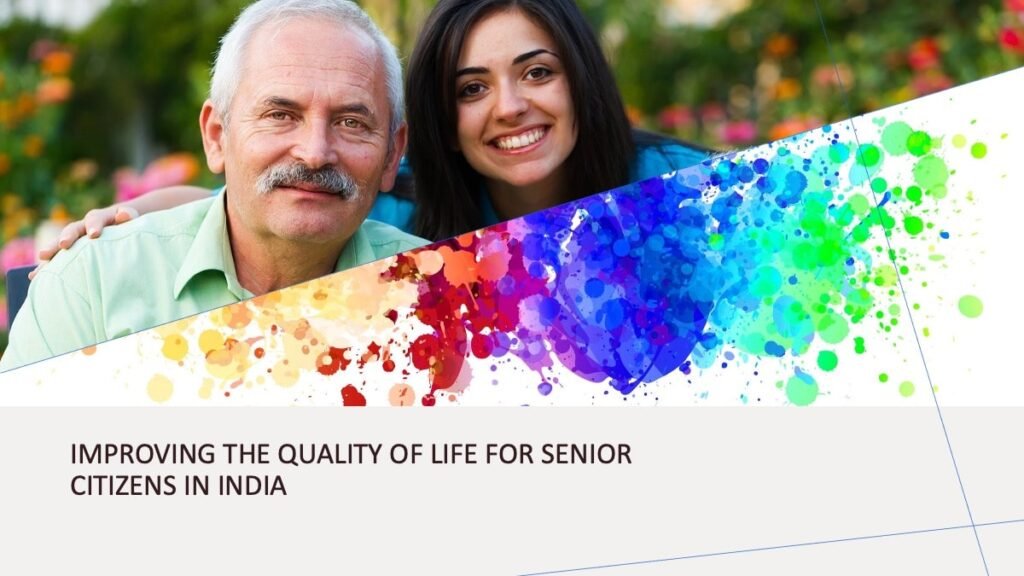The Ministry of Social Justice and Empowerment in India has a National Policy on Older Persons (NPOP) in place since 1999, which aims to ensure the well-being of older citizens in the country. The policy includes state support for financial and food security, healthcare, shelter, protection against abuse and exploitation, and services to improve the quality of their lives. In comparison to western countries, family plays a significant role in taking care of elderly members in India. The Indian government is implementing various schemes and programs, through different Ministries and Departments, for the care and welfare of senior citizens, including shelter, food, healthcare, financial security, social security, awareness, and recreation. Details of these schemes and programs are provided in the annexure of the document.

National Policy on Senior citizen
GOVERNMENT OF INDIA
MINISTRY OF SOCIAL JUSTICE & EMPOWERMENT
RAJYA SABHA UNSTARRED QUESTION N0 – 1733
ANSWERED ON – 15/03/2023
NATIONAL POLICY ON SENIOR CITIZEN
- SHRI NARANBHAI J. RATHWA SHRI RAJMANI PATEL
Will the Minister of SOCIAL JUSTICE AND EMPOWERMENT be pleased to state:-
(a) whether it is a fact that Government has in place a National Policy on older persons/senior citizens/super senior citizens;
(b) if so, the salient features of the policy;
(c) whether it is a fact that as compared to USA, UK, Canada, Australia and Singapore, there are hardly any benefits being given to Senior Persons in India; and
(d) if so, details and reasons therefor and steps being taken to grant old age pension, free medical, free bus travel and metro travel throughout the country?
ANSWER
THE MINISTER OF STATE FOR SOCIAL JUSTICE AND EMPOWERMENT (SHRI A. NARA YANASWAMY)
(a) & (b) The National Policy on Older Persons (NPOP) was announced in 1999 to reaffirm the commitment to ensure the well-being of older persons. The Policy envisages State support to ensure financial and food security, health care, shelter and other needs of older persons, equitable share in development, protection against abuse and exploitation, and availability of services to improve the quality of their lives.
(c) & (d) As compared to western world, in India, family still plays the role of the first institution to take care of its elderly members. Moreover, Government of India is implementing various schemes and programmes, through different Ministries and Departments for care and welfare of senior citizens. These include shelter, food, healthcare, financial security, social security, awareness, recreation etc. Details given at Annexure.
Source: pqars.nic.in
Leave a Reply